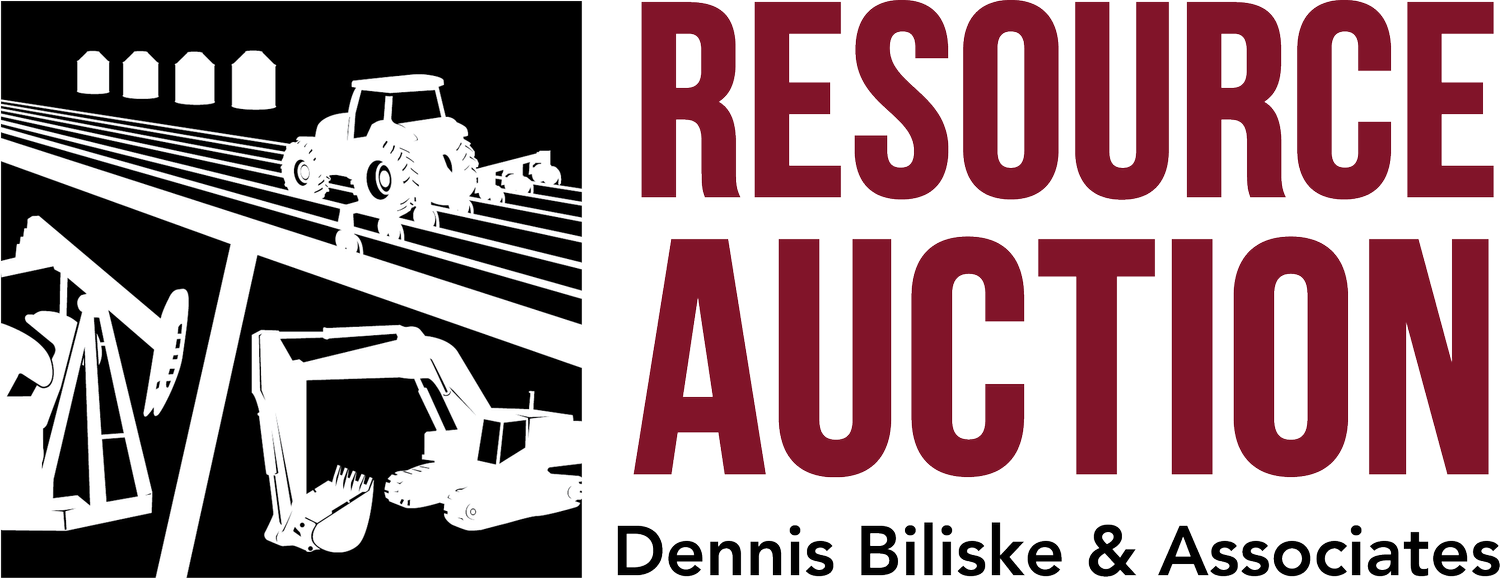A Guide to Buying Farm Equipment at Online Auctions
If you’re in the market for farm equipment, online auctions can open up a world of possibilities. That’s because they open up users to a broader variety of tools and machinery than they can find locally, often at prices that are much friendlier to the old bank account than buying brand-new. However, there’s a lot that people don’t know about this process that they should in order to find success with their purchases.
If you’ve considered online auctions for your farm equipment, it’s essential to know how to approach them effectively before making a purchase. To help get you started, here’s a practical guide to help you every step of the way.
Understand the Equipment
The first step to a successful purchase is knowing exactly what you’re looking for. Start by assessing the needs of your farm. Are you after a specific tractor for harvesting, or do you need a seed spreader for the upcoming planting season? Regardless of what you need, once you’ve identified your requirements, research the brands, models, and features that align with your tasks.
For instance, a smaller farm might benefit from a compact utility tractor, while large operations may need heavy-duty options with advanced technology. Make a list of essential details like horsepower, attachments, and any brand preferences you might have. Knowing your preferences from top to bottom ensures that you’re buying the right tool to support your farm’s productivity.
Set a Budget
It’s easy to get swept up in the excitement of bidding wars, but clear budgetary boundaries are the most crucial preparation step for buying farm equipment at online auctions. Before you even log into an auction platform, decide on a realistic budget. This includes not only the hammer price (the amount you bid) but also additional costs such as transportation, buyer’s premiums, and any repairs or upgrades the equipment might need.
To calculate this, research the typical sale prices for your desired equipment. Many auction sites offer price histories on similar items, giving you an idea of the market rate. Having a firm figure in mind can help you bid smartly and avoid overspending.
Inspect the Equipment
Thorough inspection is critical, even if you can’t see the equipment in person. Luckily, online auctions often provide a variety of detailed photos, videos, and inspection reports. Review these materials carefully, looking for signs of wear, rust, or damage. Pay special attention to key components like the engine, drivetrain, and hydraulic systems.
If the images and descriptions raise any questions, don’t hesitate to reach out to the seller. You can typically request additional pictures or videos if necessary, such as close-ups of the tires or undercarriage. A reputable seller will be happy to provide this information. Virtual diligence can save you from unexpected surprises and ensure you’re making a confident decision.
Know the Auction Terms
Every auction has its own set of rules, and understanding them is non-negotiable. Before bidding, familiarize yourself with the auction terms and conditions. This includes details such as payment methods, buyer’s premiums, and return policies.
Equally important is knowing the timeline. Some auctions close within minutes, while others run for days. Be aware of deadlines for payment and pick-up or shipping arrangements. Having a full grasp of the process means fewer hiccups along the way.
Learn Some Bidding Strategies
Bidding in an online auction can appear to be rather simple, but strategy is key to coming out on top without overspending. Learn how the platform handles bids. For example, some auctions have proxy bidding systems. This allows you to set a maximum amount that you don’t want to exceed for a specific product, and the system will automatically bid for you within that range. Meanwhile, others rely entirely on manual bidding.
Timing also matters. Jumping in too early can drive up interest in an item, while waiting until the final moments can sometimes catch competitors off guard. Decide on a strategy that keeps you in control of the process and prevents emotional bidding, which can quickly blow your budget.
Be Aware of Market Trends
Market trends can heavily influence auction prices. For example, there’s usually a greater demand for planting and harvesting equipment during the peak farming seasons. Because of that, off-season purchases may give you access to better deals.
Researching market conditions gives you an edge when planning your purchases. Look at recent sales data for similar equipment and consider consulting with industry professionals. The more informed you are, the easier it will be to spot a great deal and take advantage of it.
Check the Seller’s Reputation
Not all sellers are created equal, and knowing who you’re dealing with is an important safety measure. Most auction platforms offer ratings or reviews for sellers. Look for those with high ratings and positive feedback, as these generally indicate reliable business practices.
If the auction doesn’t provide seller reviews, conduct a quick online search to find any additional information that might be available. A legitimate seller should have a track record, whether from past auctions or other business dealings. Working with trusted sellers ensures you’re buying from someone who stands behind the items they offer.
Inspect Auction Platforms
Choosing the right auction platform is just as important as choosing the right equipment. Look for an agriculture equipment auction platform with a solid reputation for security, transparency, and ease of use. Many established platforms also offer search filters, allowing you to narrow down your options by region, brand, or equipment type.
Browse the platform thoroughly before bidding. Familiarize yourself with the interface, bidding process, and buyer support services. Most reputable platforms will also provide tutorials or customer service teams to help you get started. The right platform can make a huge difference in your auction experience, so don’t skip this step.
Factor in Transportation and Logistics
Once you’ve won the auction, the logistics of getting the equipment to your farm will become the next hurdle. Some auction platforms arrange transportation, while others have the seller deal with it, but there’s always a chance you’ll need to handle this yourself. If you do, start by measuring the dimensions and weight of the equipment to determine the type of transport required.
Next, research transport companies experienced in moving agricultural equipment. Compare quotes and timelines to find the best fit for your needs. Don’t forget to account for costs like loading, unloading, and any required permits. Having a transportation plan in place before bidding will make the post-auction process smoother and stress-free.
Stay Safe Online
One final thing to note is that safety is paramount, particularly when money is changing hands. No matter where you go, there’s a possibility you might run into scammers. The best way to protect yourself is by sticking to secure platforms with verified payment systems. Avoid sending direct payments to sellers outside of the platform, especially through wire transfers.
Pay close attention to any discrepancies in the item listing, such as vague descriptions or unverified sellers. If something feels off, trust your gut and move on. It’s better to pass up an auction than risk losing your money to a dishonest seller.



